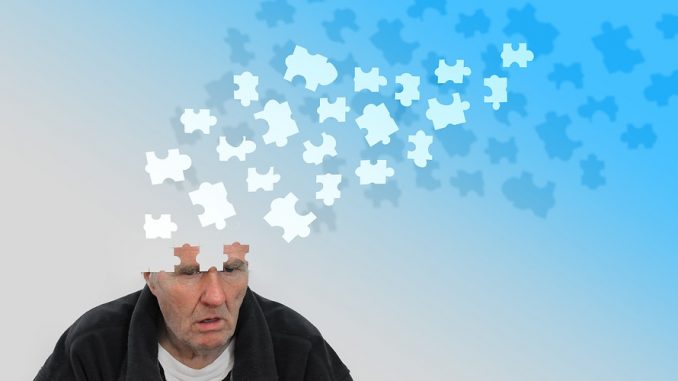
Elderly people, especially those diagnosed with dementia, can suffer serious consequences from insufficient fluid intake.
As we get older, people are more prone, but more vulnerable to dehydration. Low thirst, consumption of diuretic fluids (dehydrating liquids such as coffee and alcohol) and increased intake of diuretic drugs are factors that increase the risk of dehydration.
For the elderly with dementia, the risk is higher the more advanced the disease. At first, they can simply forget to consume water, even if the thirst has been installed. Or they can forget if they already drank liquids or not, because of the confusion. In the moderate stages of dementia, the elderly may forget how to moisturize – in which cups are the glasses, how to turn on the tap or how to fill the glass with water. When the dementia is severe, the patient will no longer recognize the feeling of thirst or will not be able to express it to the person they depend on for help.
Studies have shown that there is a link between dementia and dehydration, in which each of these conditions could cause or aggravate the other. Defective proteins affect the transport of information from brain biomolecular mechanisms, leading to neuronal and synaptic consequences.
Symptoms of dehydration in the elderly
General confusion and / or change in normal behavior are the first signs that an elderly person diagnosed with dementia or Alzheimer’s may be dehydrated. Other body changes and behavioral changes associated with insufficient fluid intake include:
- Fatigue
- Irritability
- Nausea
- Dizziness
- Muscle cramps (especially in the arms and legs)
Changes in urine, such as improper urine volume, dark amber colored urine, or high odor urine may signal dehydration. Certain medicines and vitamins can color the urine, so general symptoms are important. In addition, dehydration increases the risk of a urinary tract infection, which can cause an acute episode of confusion for dementia patients.
The risks of dehydration for the elderly
In general, older adults are not interested in proper hydration. Many elderly people intentionally limit fluid intake because they are afraid of urinary tract problems. Those with impaired mobility can reduce fluid intake to avoid having to go to the bathroom too many times. Many of these elders only drink water when they take their medication.
But the risks of such low consumption can be dangerous because they cause:
Problems of the urinary and renal system – Prolonged or repeated dehydration can cause urinary tract infections, kidney stones or even kidney failure.
Seizures – Electrolytes, such as potassium and sodium, help transport electrical signals from one neuron to another. If there is an electrolyte imbalance, involuntary muscle contractions may occur and sometimes loss of consciousness.
Hypovolemic shock – This is one of the most serious complications of dehydration, which can be life-threatening. It occurs when low blood volume causes a drop in blood pressure and a decrease in the amount of oxygen in the body.
How you can help people with dementia drink more water
If you care for an elderly person with dementia, you need to take proactive action against dehydration. Because of dementia, they may not be able to tell you whenever they are thirsty, so make sure that they consume enough fluids throughout the day.
It is also good to make sure that the person with dementia always has a bottle of water or tea at hand. At the same time, the glass should be easy to handle (preferably 0.5-0.7 L), in case the muscles are weak.



Leave a Reply